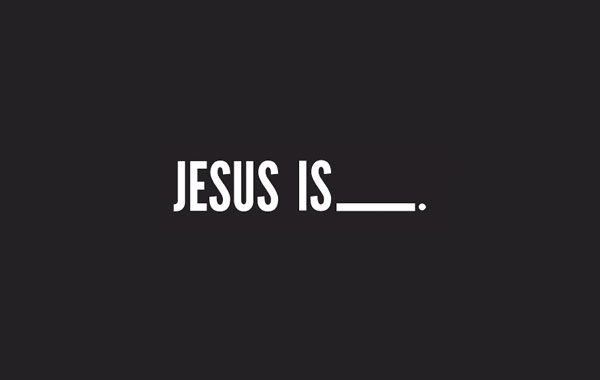The Word
The world is full of “ologies”.
There are the ones we encounter at school, such as biology (the study of physical life), and cosmology (the study of the universe). There are “ologies” that we might specialize in for a living: acarology (the study of mites and ticks), or acropathology (diseases affecting the extremities), for example.
Outside work, there are “ologies” that we might indulge in for recreation: piscatology (fish), timbrology (postage stamps), magirology (cookery), and even philematology (kissing). You might be an aphnologist (wealth), a stasiologist (political parties), or psephologist (elections and voting).
There is an “ology” for every occasion.
The term “ology” comes from the Greek word “logos”. It means “word”. It can mean a saying, or a piece of wisdom.
Ancient Greek philosophers used it to describe the human search for order, understanding, and meaning – from which we get “logic”, and of course all those “ologies”.
But at its deepest level, to the ancient Greeks “logos” described not just the search for order, but the source of order. The “logos” was that principle, or force, that created and integrated and gave order to everything. The “logos” could be seen at work in the movements of the heavenly bodies, in the ocean with its abundance of life, and even in the tiniest unit of life.
All of which helps make sense of the introduction to John’s Gospel, where he says: “In the beginning was the Word [logos], and the Word [logos] was with God, and the Word [logos] was God. He was with God in the beginning. Through him all things were made; without him nothing was made that has been made. In him was life, and that life was the light of men …” (John 1:1-4).
It sounds strange to us, but to the original readers it made perfect sense. They knew what the “logos” was.
What would have intrigued them was John’s claim that the “logos” was not just a force or principle, but a person. A person who could be known: “The Word [logos] became flesh and made his dwelling among us. We have seen his glory, the glory of the One and Only, who came from the Father, full of grace and truth” (John 1:14).
He is talking, of course, about Jesus.
Not just “gentle Jesus, meek and mild”. But a Jesus who created, controls, and gives order and meaning to all things.
And this has implications for us all as human beings. It means that the greatest goal in life is not so much to acquire a vast array of “ologies”, but to discover that there is a “Logos,” a created order and a divine purpose, and to find in Jesus the one who makes sense of all things and gives us life and meaning for eternity.
John Reed is the Minister at St John’s Anglican Church, Keiraville.



